
Your bones are composed of living tissues that are in a constant state of breaking down and regrowing. Osteoclast cells break down old and weak bone. And osteoblast cells are used to build new, strong, and healthy bone. If this process doesn't happen as needed, it signals an imbalance is happening in your body. While bone loss after age 30 increases significantly, it is not the only factor in osteoporosis. There are many things you can do to maintain your bone health.
Hormone Imbalance
Estrogen deficiency in women, and testosterone deficiency in men, can cause bone loss. This is because hormones are needed to prevent the breakdown of bone. For women, menopause is the most common reason for reduced estrogen levels. But it can occur in young women that are athletes or who are very thin. Eating a variety of foods high in fatty acids is a key to keeping your hormones balanced. Not only are these essential fats fundamental building blocks for hormone production, but they keep inflammation levels low, boost your metabolism and promote weight loss. Coconut oil, avocados, grass-fed butter and wild-caught salmon are great sources of healthy fats. Here is more information about how to balance your hormones naturally.
Healthy Diet
Avoiding acid forming foods like sugar, pop, and highly processed foods. This will help keep your body alkaline which will help reduce bone loss. Instead, make sure you eat calcium rich foods like broccoli, kale, and collard greens. While it may be tempting to use dairy as a primary source of calcium, many people are becoming sensitive to dairy. A good example of people maintaining bone health without consuming dairy can be found in the traditional Chinese culture. Historically, Chinese women had no problems with osteoporosis (a disease characterized by decreased bone density) and their diet did not include dairy. The other critical vitamins for building bone are magnesium, vitamin K, and vitamin D3.
Vitamin D3 and vitamin K2 work synergistically to promote bone health. They work together to help guide calcium into the bone tissue and prevent it from accumulating in unwanted locations, such as the arteries. Vitamin D3 is important for calcium absorption and is the biologically active form of vitamin D. Your body makes vitamin D from sun exposure, but you can also consume foods containing vitamin D. The best dietary sources of vitamin D are wild-caught salmon and fatty fish, cod liver oil, grass-fed butter and raw cheese, egg yolks, mushrooms.
The top food sources of magnesium are leafy greens such as Swiss chard and spinach, sea vegetables, sprouts, and avocados. Grass-fed dairy and wild-caught fish are rich in magnesium. Pumpkin seeds, nuts, dark chocolate, and coffee are also good sources of magnesium. Foods rich in vitamin K2 are meat, dairy, fermented foods, and natto. Vitamin K2 is also produced by the beneficial bacterial in your gut.
Supplements
If you feel you aren't getting the nutrients you need to maintain your bone health from your diet, you may want to add a supplement/s that contains the necessary vitamins and minerals. The ideal supplement would contain bioavailable calcium, magnesium, vitamins D and K, and other trace minerals.
Exercise
Exercise is important for a lot of reasons, and is especially important to help you maintain your bone health. It increases the secretion of a thyroid hormone called calcitonin in your body. And calcitonin inhibits bone breakdown. Weight bearing exercise is especially beneficial for osteoporosis. Most people think of weight bearing exercise as lifting weights. Actually, weight bearing exercise is any exercise that requires your bones and muscles to support your body weight. Examples are running, walking, yoga, Pilates, dancing, and tennis.
Alcohol, Smoking and Caffeine
Alcohol interferes with calcium absorption. So, it is no surprise that heavy alcohol consumption can lead to decreased bone density and decreased bone formation. To add to the long list of negative effects smoking has on your body, it also decreases your bone density mass. This is because smoking increases the breakdown of estrogen in the liver. Finally, drinks and foods with high levels of caffeine can also interfere with calcium absorption.
Did this help you? If so, I'd greatly appreciate it if you commented and/or share it on social media.

Email: sharonledwards@hotmail.com
Facebook: https://www.facebook.com/sharonledwardsbiz/



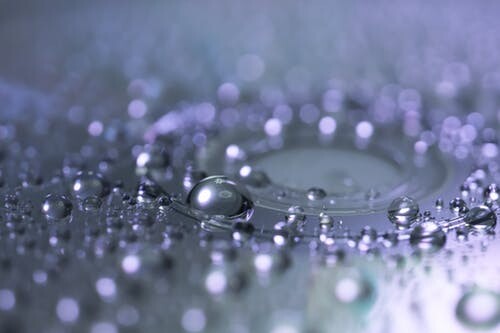
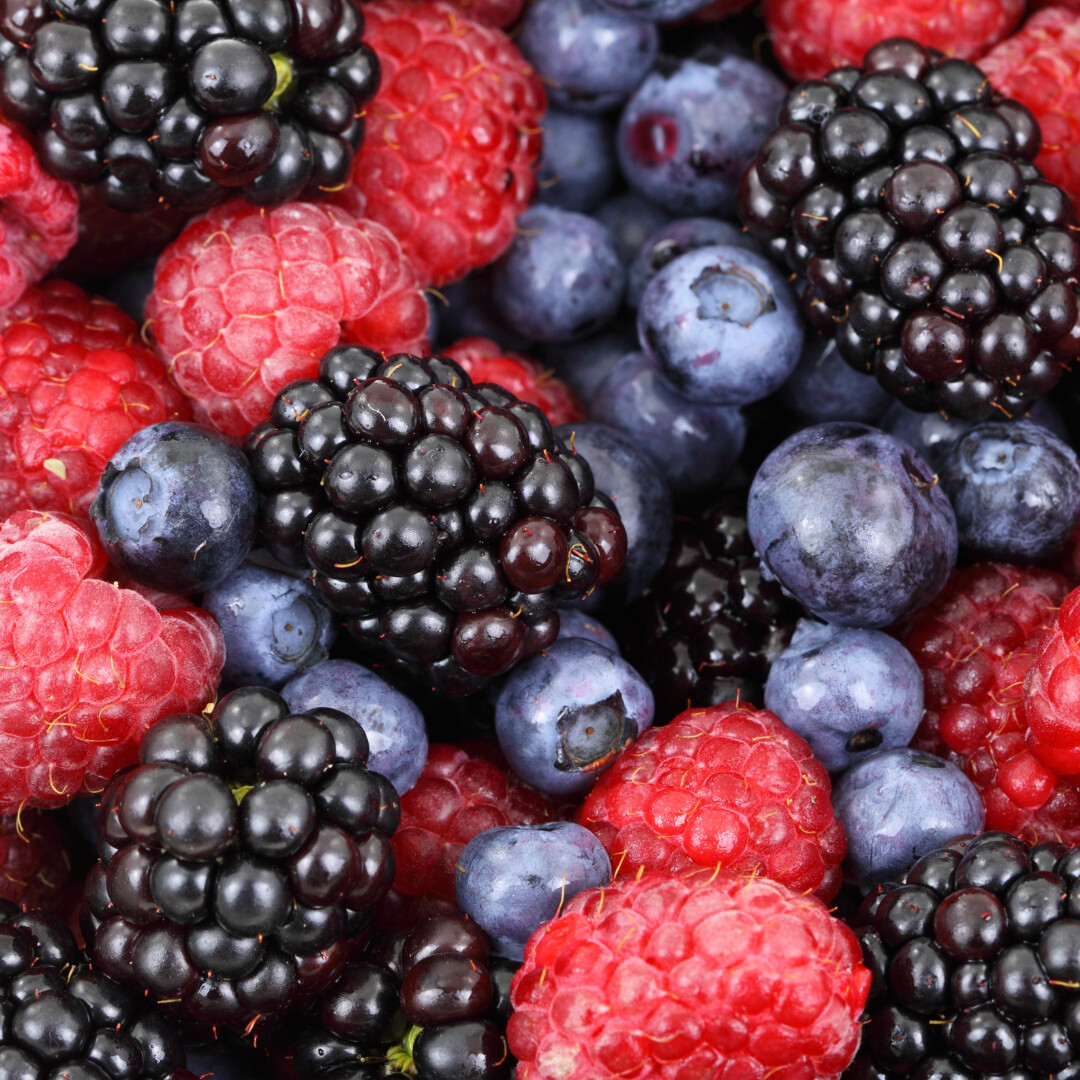
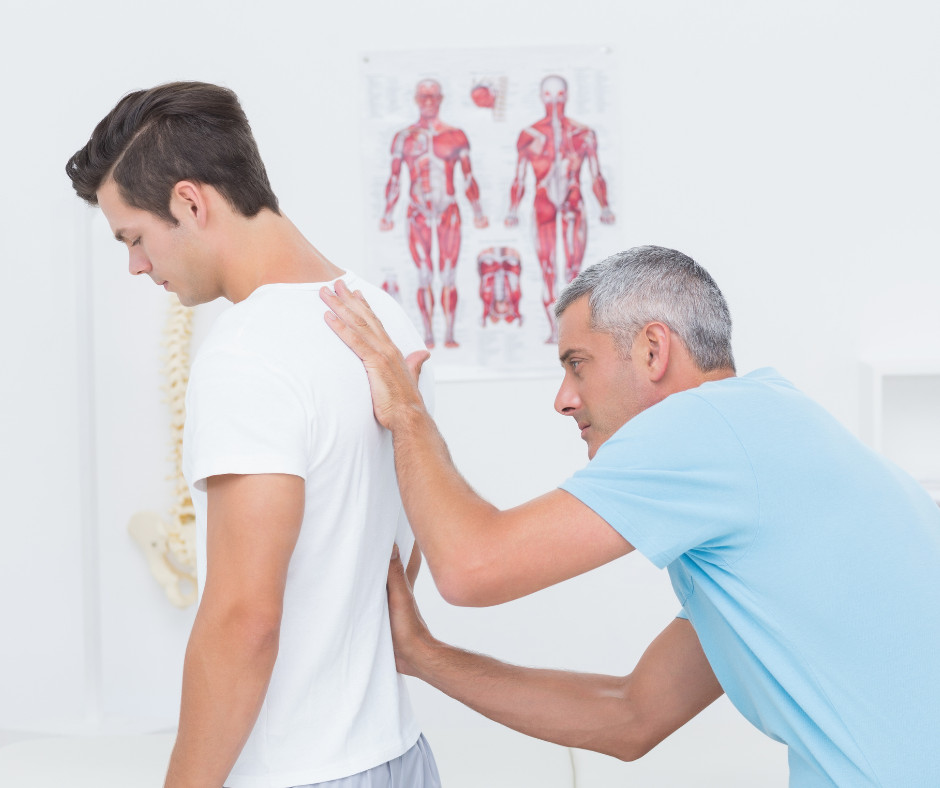
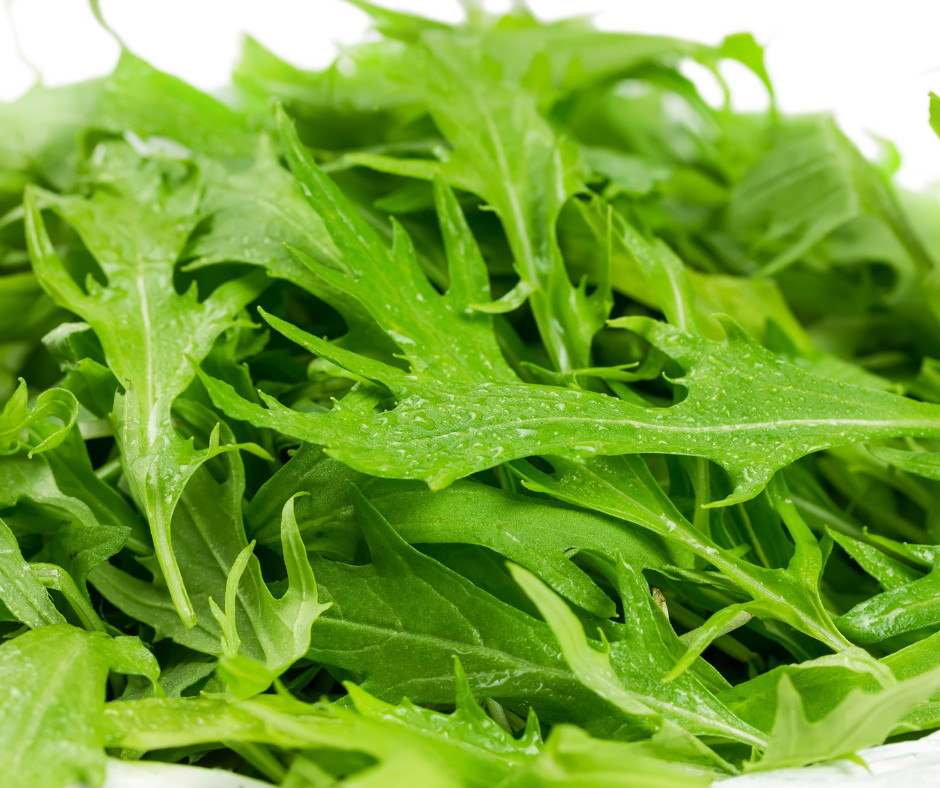
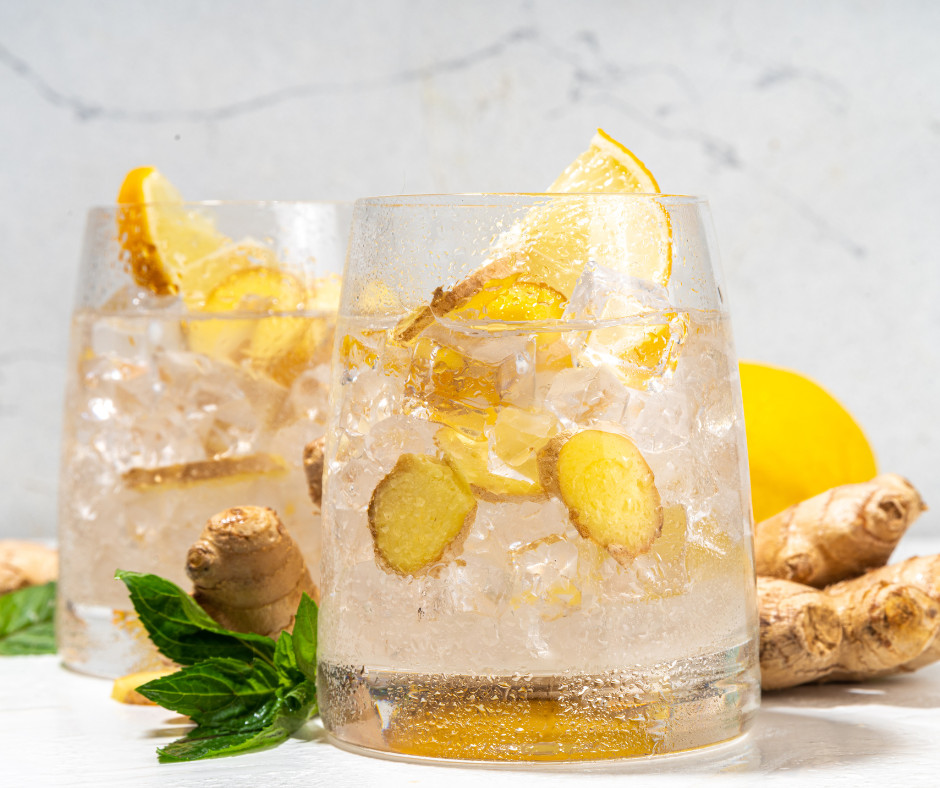
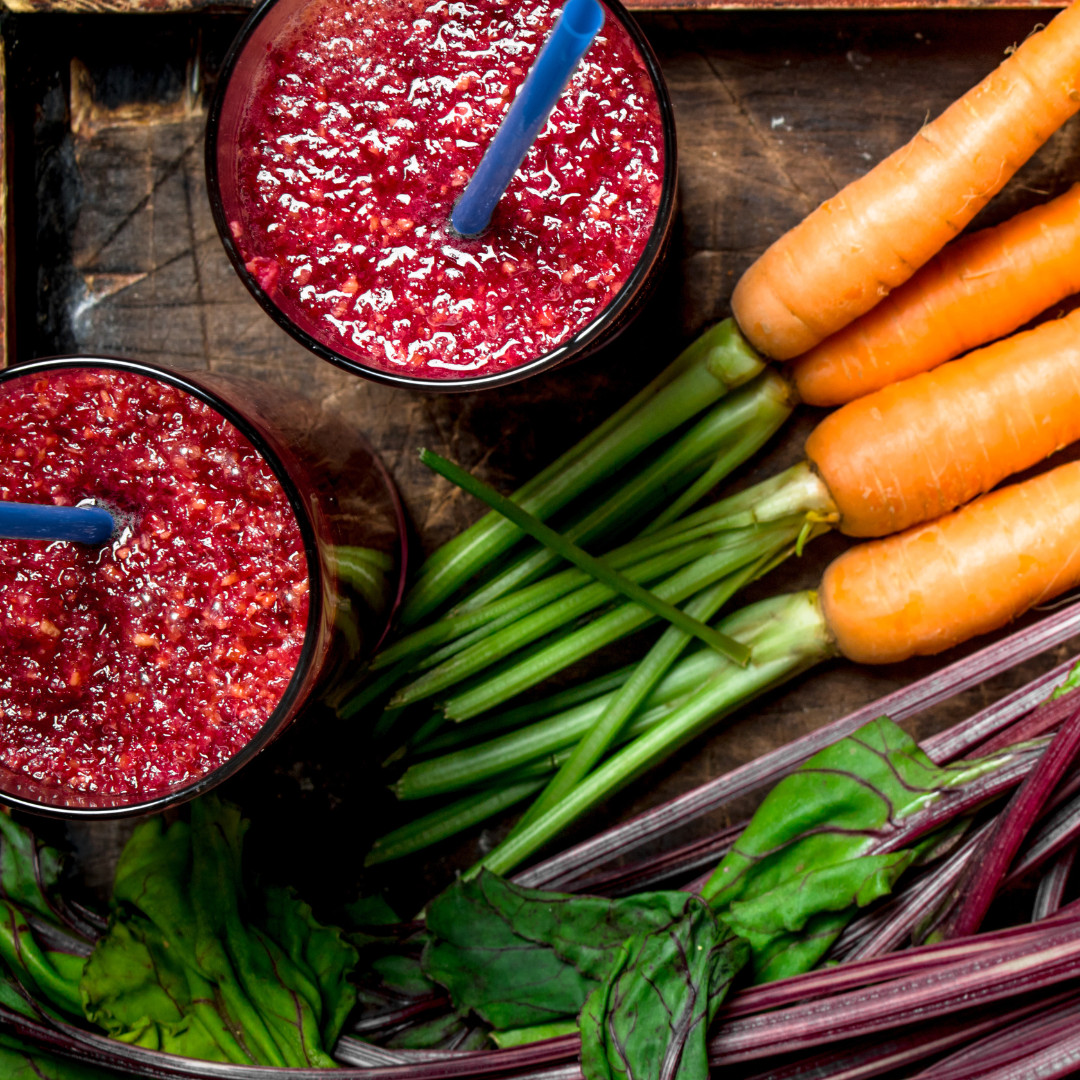
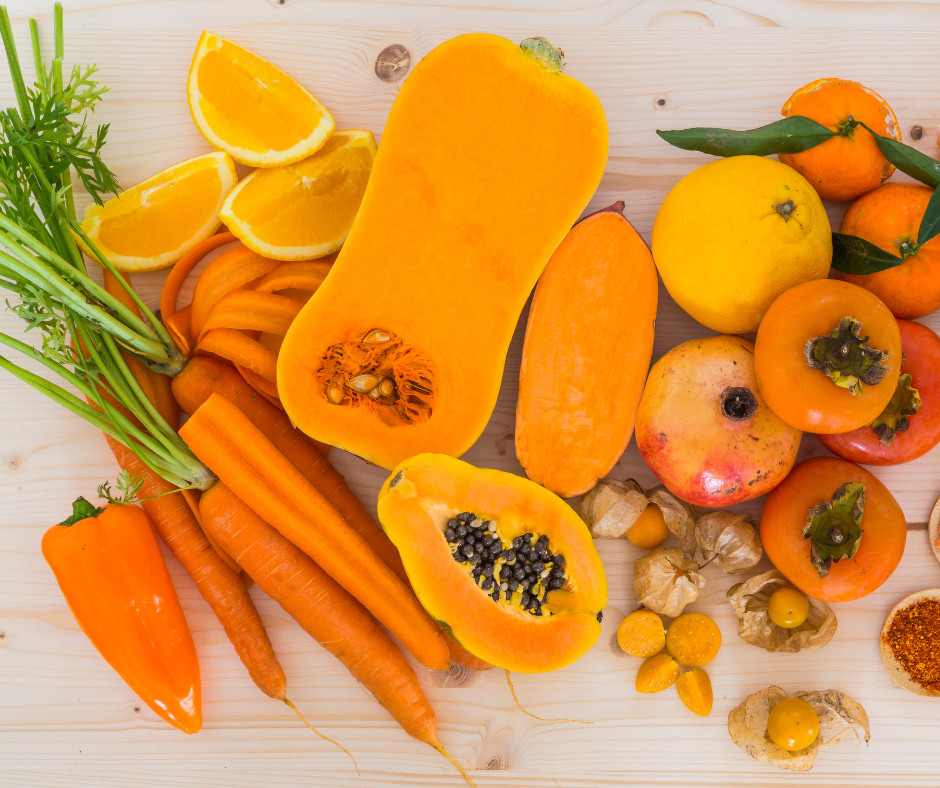
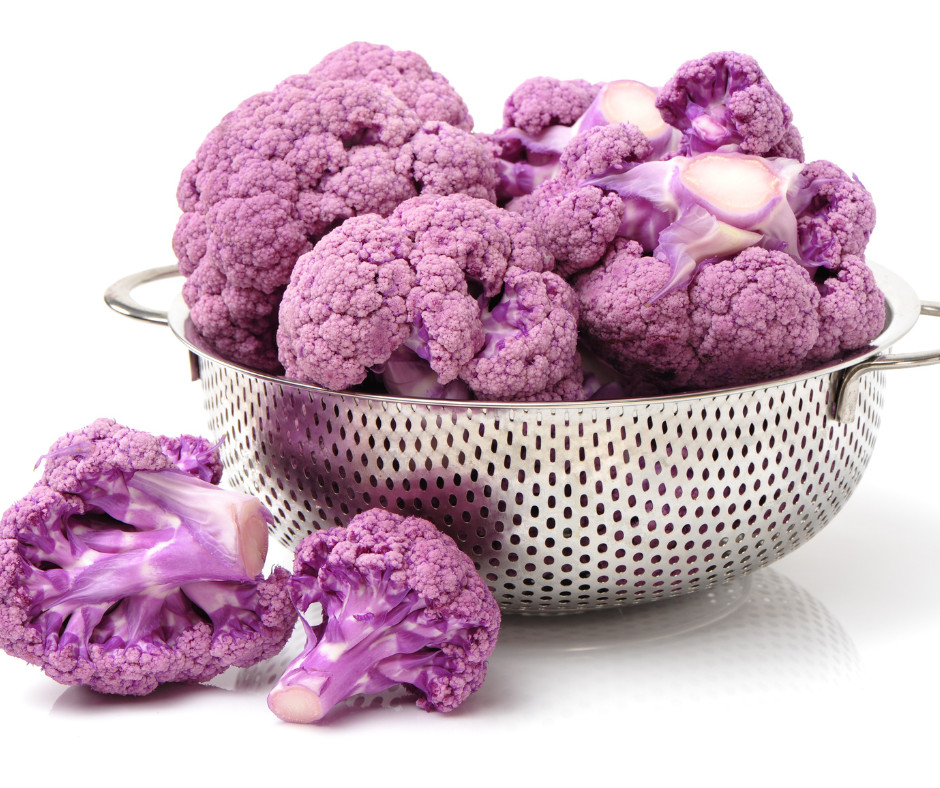
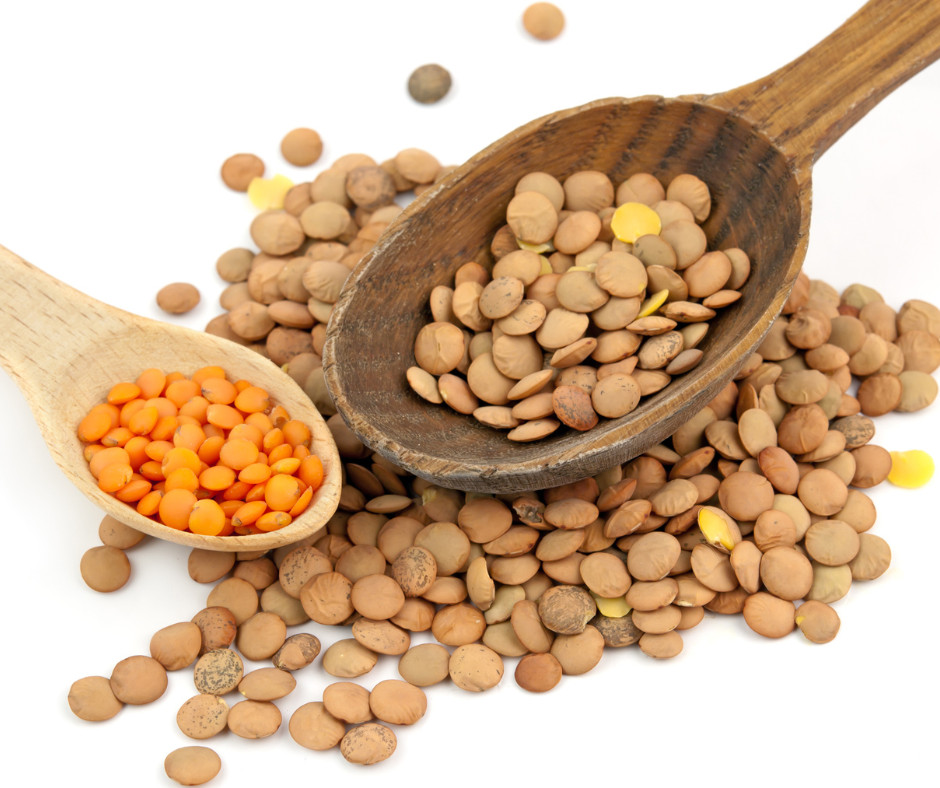
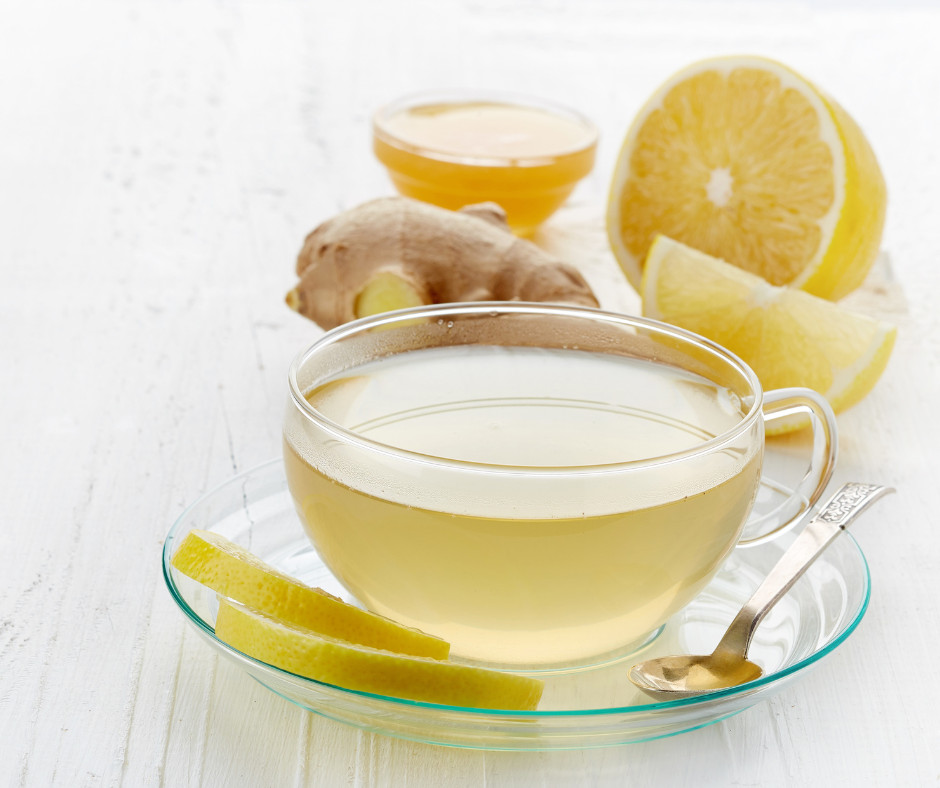





0 Comments